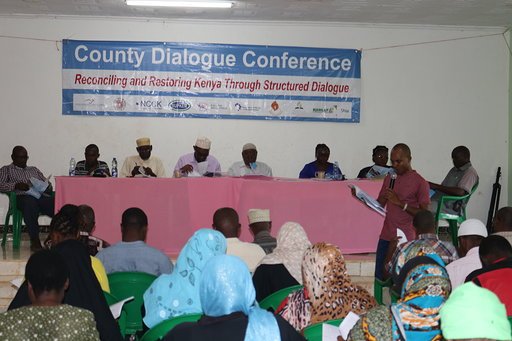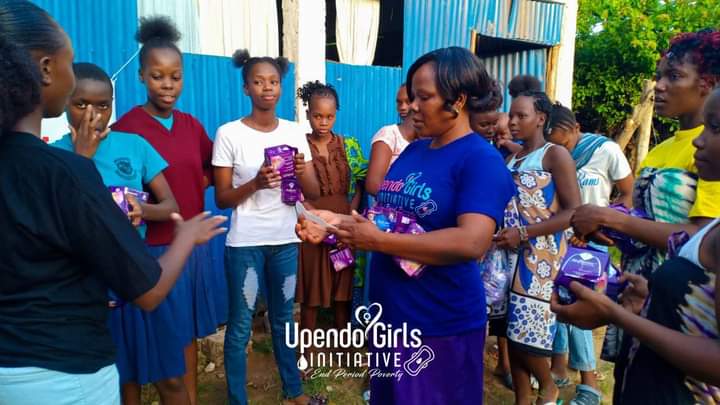Catholic Justice and Peace Department (CJPD)
The Diocese of Malindi, established in 2000, covers parts of Kilifi, Tana River, and Lamu counties with over 964,000 people. It has faced political instability, ethnic conflicts, and high youth unemployment. Tourism, a key economic driver, has been hit by security concerns and COVID-19.

What
We Do
The Diocese of Malindi, established on June 2, 2000, was formed from parts of the Archdiocese of Mombasa and Garissa Diocese. The first Bishop, Rt. Rev. Francis Baldacchino, OFM Cap, a Maltese Capuchin Missionary, was consecrated in September 2000. He was succeeded by Rt. Rev. Emanuel Barbara, OFM Cap in October 2011, and the current Bishop, Rt. Rev. Willybard Kitogho Lagho, was consecrated on March 19, 2021.
Geographically, the Diocese spans parts of Kilifi, Tana River, and Lamu counties, covering about 33,254 square kilometers with a population of over 964,000. The diocese serves a diverse community across urban and rural areas, experiencing both growth and challenges.
Malindi faces occasional political instability, with ethnic clashes and resource-based conflicts impacting local communities. Additionally, issues like high illiteracy rates and youth unemployment contribute to vulnerability, with some young people being recruited into criminal activities. However, government initiatives like KYEOP aim to address these challenges by equipping youth with employability skills.
Economically, Malindi is a major tourist destination, known for its beautiful coastline and proximity to national parks. However, tourism has been severely impacted by security concerns and the COVID-19 pandemic, leading to job losses and a downturn in related industries such as hospitality, agriculture, and transport.
Socially, Malindi Diocese is home to a diverse population, with rapid urbanization affecting both social dynamics and the uptake of Catholic faith. In urban areas, issues like radicalization, religious intolerance, and family crises are prevalent, while the region also faces the challenges of violence against the elderly and the complexities of the tourism industry. Despite these challenges, the diocese remains deeply respected and offers a strong foundation for social intervention, helping to foster unity and positive change.

Challenges
- Political instability, including ethnic conflicts and resource-based tensions, may disrupt peace and development.
- High youth unemployment makes young people vulnerable to criminal activities and radicalization.
- Economic decline, particularly from tourism dependency, can be exacerbated by security concerns and global crises like COVID-19.
- Urbanization may challenge traditional faith practices, while issues like family breakdowns, radicalization, and religious intolerance increase.
- Rural areas face slower development, limiting access to education, healthcare, and essential services.
- Violence, terrorism, and attacks on vulnerable groups such as the elderly pose ongoing security risks.
Achievements
- Smooth leadership transitions with three bishops since its establishment.
- Expanded geographic coverage, reaching diverse communities across Kilifi, Tana River, and Lamu counties.
- Strong community outreach, supporting education, healthcare, and development projects.
- Youth empowerment through programs like KYEOP to enhance employability.
- Continued nurturing of Catholic faith traditions and fostering community cohesion.
- Active role in promoting tourism and local economic resilience despite challenges.
- Advocacy for peace and social change, addressing issues like radicalization and religious intolerance.
Our Initiatives
Upendo Girls Initiative
We provide sanitary pads to end teenage pregnancy and period poverty, while spreading the gospel of Jesus to empower girls and promote their well-being.
Gallery



